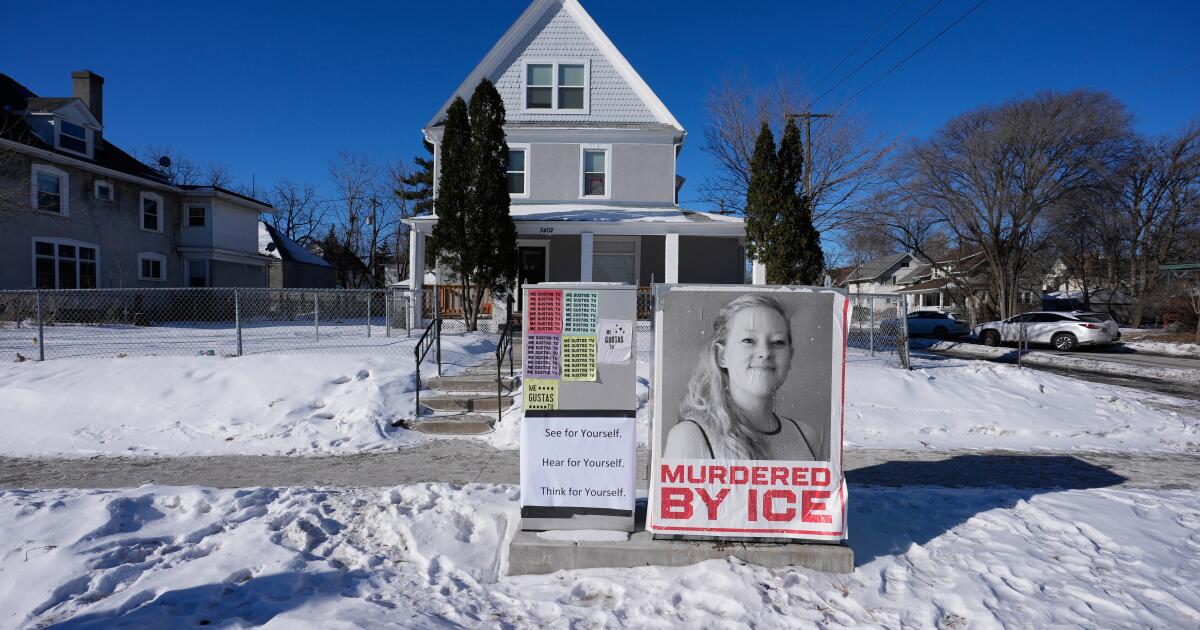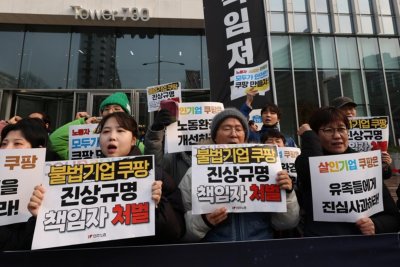Law enforcement says eight killed by avalanche in California mountains | Weather News
One person remains missing after a heavy avalanche engulfed a group of skiers in the Sierra Nevada mountains of the US.
Published On 18 Feb 2026
Local authorities say that at least eight people have been found dead following an avalanche in the Sierra Nevada mountains of California, the deadliest incident of its kind in more than 40 years.
Nevada County Sheriff Shannon Moon said on Wednesday that rescue crews have been hindered by difficult conditions during a powerful winter storm.
Recommended Stories
list of 3 itemsend of list
One person remains missing. Six of the 15 skiers buried by the avalanche were found alive.
“We are still looking for one of the members at this time,” Moon confirmed to reporters, adding that family members have been informed that the search has moved from rescue to recovery.
The deadly incident comes as California experiences a winter storm that has deluged the mountains near the popular winter destination of Lake Tahoe with heavy snow.
The Sierra Avalanche Center warned on Wednesday that the risk of further avalanches remains high in the area as several feet of additional snow contribute to unstable conditions.

The California Governor’s Office of Emergency Services announced in a statement that it was “leading whole of government efforts to aid Nevada County”, which is located in eastern California, on the border with the neighbouring US state of Nevada.
“We are actively coordinating additional resources statewide to support avalanche search and rescue efforts to locate missing skiers near Castle Peak,” the office added.
Search-and-rescue teams were dispatched to the Castle Peak area after a call to emergency services reported that 15 people on a three-day trek had been buried by an avalanche on Tuesday morning.
“Our thoughts are with the missing individuals, their families, and first responders in the field,” the company Blackbird Mountain Guides said in a statement, noting that four guides were among those struck by the avalanche as they were returning to a trailhead.



